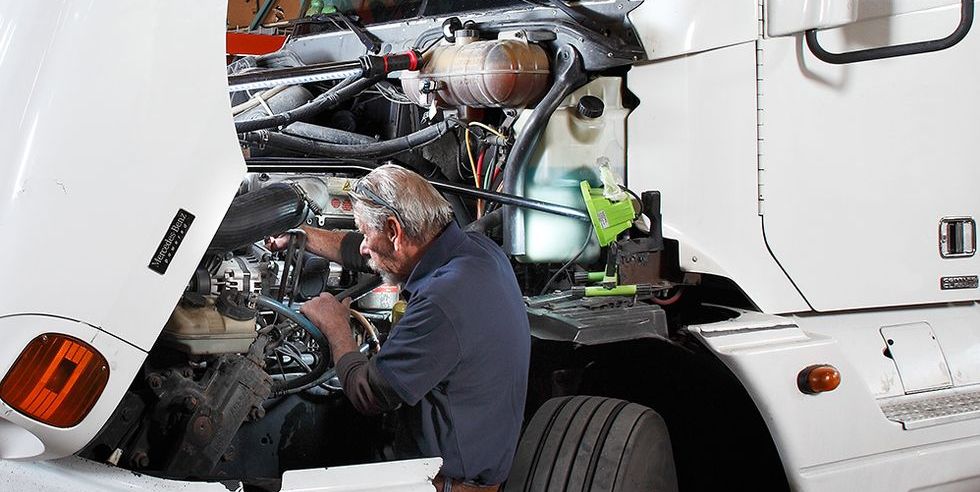If diesel emissions and particulate matter are truly the concern of the automakers and "the regulators", then we should be using Brown's gas instead of DEF and expensive, unreliable hardware such as SCR systems.
Alternative powertrains are the future, but ultra low-emission diesel engines could help us clean up our act in the meantime.

www.popularmechanics.com
Adding HHO results in a more complete combustion of the fuel. Reduction of NOx, CO2 Carbon Dioxide, CO Carbon Monoxide, PM Particulate Matter
www.hho-1.com
In addition to the hundreds of articles similar to the ones linked above, I remember reading about a similar system, maybe a decade ago, that proposed injected Reformulated Unleaded Gasoline (RUG), into the combustion chamber, along with diesel. Harmful emissions all but disappeared. Why add expensive, complex equipment to already expensive new cars, especially when that equipment increases maintenance, service costs, and warranty claims, whilst decreasing reliability? Why not use another system instead, especially one that is proven to produce superior results without the so-called 'side-effects'?
That, dear reader, is for you to decide.
Incidentally, injecting propane into the combustion chamber, produces similar results to the HHO injection. It may not be the ideal solution, but it does not come at the expense of expensive filters, tail pipe fires and decreased reliability, all of which saddle new diesel trucks and SUVs.
A close friend owns a new-ish diesel Grand Cherokee. When new, mixed driving produced 30 MPG. It has been "tuned" or "reflashed" by the dealer on several occasions throughout its life and now gets about 20-22 MPG. So, you are burning 50% more diesel to go XYZ miles, and I am supposed to believe that overall big picture emissions are LOWER?
If a delete kit or an aftermarket tune allowed a 20 MPG truck to get 40 MPG, wouldn't it stand to reason that DOUBLING your fuel economy would be good in more ways than one? Reduction of consumption of fuel, especially if you think we are running out of oil, is of paramount importance.
Diesel and gasoline fuel sources both bring unique assets and liabilities to powering internal combustion engines.

news.wisc.edu

www.anl.gov
A team of gearheads at the University of Wisconsin-Madison have developed an engine that can handle a blend of gasoline and diesel fuel. It outputs low emissions, and offers up to 20 percent greater fuel efficiency.

www.popsci.com
Researchers from Shanghai Jiao Tong University and the University of Michigan report on the use a “dieseline” blend—an 80:20 blend of diesel and gasoline—for the simultaneous reduction of NOx and smoke emissions in a Low Temperature Combustion (LTC) mode and the extension of low-emission and...
www.greencarcongress.com
Government corporations, just like all other massive corporations, have zero interest in doing what is right, efficient, logical or beneficial for the customer, the people or end user. They have an interest in controlling people, increasing their market, power/reach and making lots and lots of money on your back. Burdensome emissions regulations, allow all of those to proliferate, the costs of which are passed along to the consumer. Go back in time 20 years and tell your Y2K self that people would pay 80 to 100 thousand dollars for a Ford, GM or Dodge pickup truck in 2018-2019 and your Y2K self, would have a heart attack and die, right then and there. It's lunacy. That truck should have the best of every component and system ever made, be perfectly reliable and have nearly zero emissions. But, it doesn't and the public is to blame.
There are proven, off the shelf solutions, to the emissions and efficiency issues plaguing modern diesel vehicles, plain and simple. If the goal is pollution reduction, then those should be implemented, post haste.





